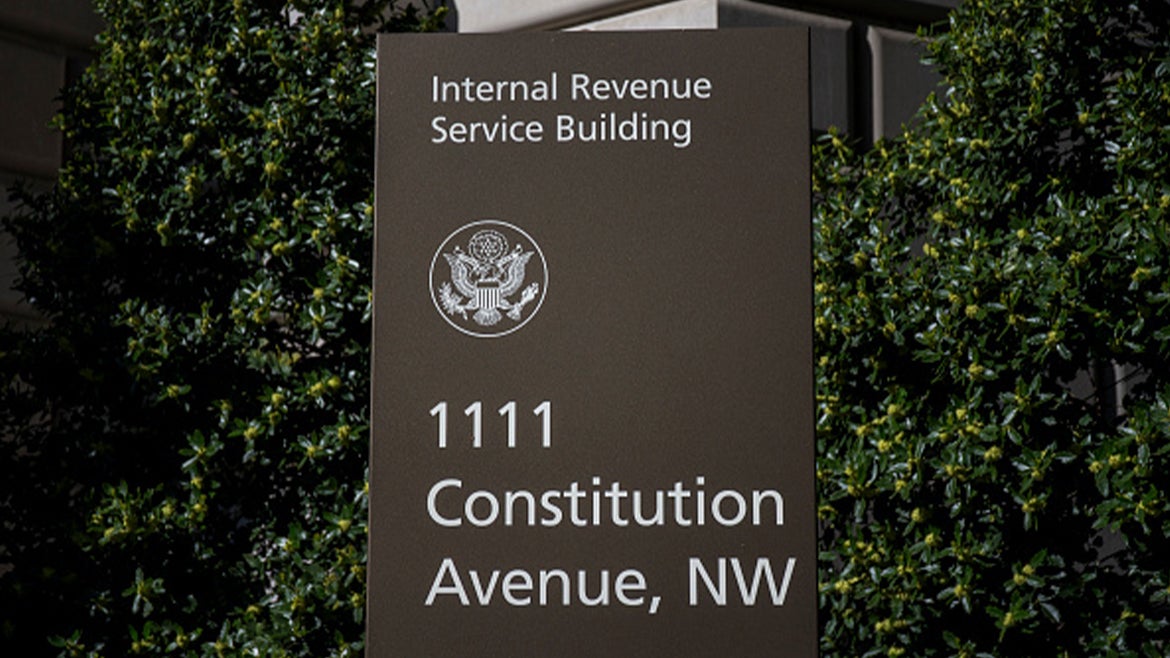Beginning March 1, the ID.me said that anyone who already created an account can delete it, and that it was allowing government agencies using the service to skip the selfie step altogether, CBS News reported.
The IRS announced on Monday that they will stop using face-recognition technology through the online identity certification service ID.me to authorize online tax accounts, according to published news reports.
Starting March 1, the ID.me said that anyone who already created an account can delete it, and that it was allowing government agencies using the service to skip the selfie step altogether, CBS News reported.
The move comes amid backlash from privacy advocates, lawmakers and taxpayers over concerns that the third-party system, which requires users to upload their ID and submit a selfie or video chat with an agent, could provide a way for hackers to access your personal information.
On Monday, four congressional Democrats, Ted Lieu, Anna Eshoo, Pramila Jayapal and Yvette Clarke sent a letter to IRS Commissioner Charles Rettig requesting that the agency stop using ID.me's facial recognition technology. Sen. Rayden also posted a letter to the IRS the same day, urging them to reverse their course of action. And, last week, Ryden and 15 Republican senators led by Idaho's Mike Crapo, also questioned the IRS' use of facial recognition, CNET reported.
"The IRS takes taxpayer privacy and security seriously, and we understand the concerns that have been raised," Rettig said in the statement. "Everyone should feel comfortable with how their personal information is secured, and we are quickly pursuing short-term options that do not involve facial recognition."
In November 2021, the IRS had announced its partnership with ID.me. Taxpayers were required to take a selfie and to verify their identity with an online identity platform in order to access certain online applications and tools on the IRS website. The deadline for the transition was summer 2022.
After security researcher Brian Krebs gave a step-by-step account of how the facial recognition process works, via selfie and connecting to an agent, concern grew.
Blake Hall, CEO of ID.me justified the process, stating that it is “both more secure and fairer” than the previous method of logging into IRS.gov, for those who are concerned about privacy issues, Inside Edition previously reported.
"The most damaging thing that can happen to your privacy is not taking a selfie, it's having somebody get access to your medical records, or to your tax information," Hall told CBS MoneyWatch. "That selfie control is actively preventing a massive amount of identity theft."






